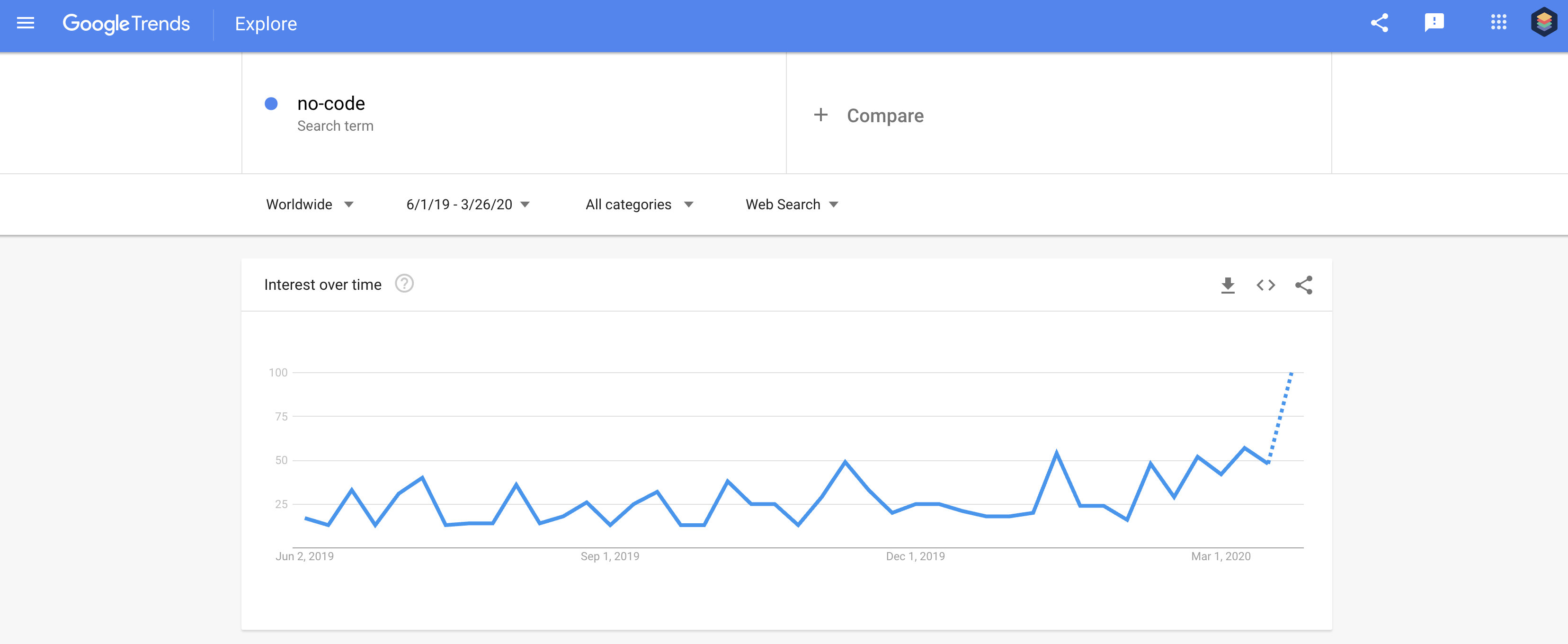Effortless Open Platform Data Source Production Making Use Of No-Code Innovation
Effortless Open Platform Data Source Production Making Use Of No-Code Innovation
Blog Article
Exploring the Benefits of Scalable Databases That Require No Coding Skills for Reliable Information Management Solutions
The appearance of scalable data sources that remove the need for coding abilities offers a transformative opportunity for companies seeking reliable data administration remedies. As we consider the effects of such innovations, it becomes important to check out exactly how they can improve the landscape of information monitoring and drive sustainable development in a competitive setting.
Boosted Accessibility for Customers
Improved ease of access for users is a critical aspect of scalable databases, making sure that data administration systems are straightforward and instinctive. In an era where data-driven decisions are extremely important, availability permits a wider series of individuals, including those without comprehensive technological proficiency, to involve with database systems effectively. This democratization of information gain access to assists in enhanced cooperation across divisions, equipping staff members to draw out understandings and make educated decisions.
User-friendly interfaces, such as drag-and-drop features and visual data representation, simplify complex information interactions. These enhancements reduce the learning curve related to typical database monitoring, enabling customers to focus on leveraging data instead of grappling with technological complexities. Moreover, scalable data sources usually integrate real-time analytics and adjustable dashboards, offering customers with immediate understandings customized to their details demands.

Cost-Effectiveness and Resource Savings
Efficient data monitoring not only rests on ease of access yet additionally on cost-effectiveness and source savings. Scalable databases developed for users without any coding abilities dramatically reduce monetary burdens normally connected with standard data source administration systems. By removing the need for specialized shows competence, companies can allot their resources much more effectively, concentrating funds on core company tasks instead of substantial training or working with competent employees.
Furthermore, these data sources frequently utilize cloud-based remedies, which better lower costs associated with hardware and maintenance. Organizations can scale their database services according to their demands, staying clear of the expenses incurred from over-provisioning sources. This versatility implies organizations can adjust to altering demands without sustaining unnecessary expenses, resulting in substantial long-term financial savings.
Additionally, user-friendly interfaces enhance data entry and management processes, reducing the time invested on administrative jobs. This performance equates into labor expense savings, allowing teams to concentrate on tactical campaigns rather than routine upkeep. On the whole, adopting scalable data sources that need no coding skills cultivates an extra cost-effective approach to data management, enabling companies to maximize their sources while maintaining high levels of functional performance.
Improved Cooperation Across Teams

Additionally, scalable databases promote seamless interaction among team members. With straightforward interfaces that require no coding abilities, workers can quickly produce, modify, and share reports or control panels customized to their certain needs. This democratization of information encourages non-technical individuals to contribute understandings, boosting the collaborative atmosphere.
In addition, these databases sustain concurrent access, enabling multiple customers to deal with the same dataset concurrently. This function boosts efficiency, as groups can participate in joint data evaluation without the risk of variation control concerns. The ability to leave remarks or notes directly within the database even more advertises discussion and clarifies data interpretations.
Streamlined Information Administration Processes
In today's data-driven setting, companies recognize the need of structured information administration refines to take full advantage of effectiveness and precision. By leveraging scalable data sources that call for no coding abilities, organizations can simplify their information handling and lower the complexities normally related to standard data source systems. This accessibility equips non-technical users to engage directly with information, helping with quicker decision-making and decreasing dependence on specialized IT workers.
Structured data management procedures improve process by automating routine jobs such as information entrance, validation, and coverage. Automated information assimilation guarantees that information from numerous resources is aggregated perfectly, eliminating silos and promoting an unified sight of critical business metrics (no-code). Easy to use interfaces enable employees to control information conveniently, enabling them to produce insights that drive critical campaigns without the need for comprehensive training.
This web performance not only speeds up functional procedures yet likewise minimizes the capacity for human error, making sure that data remains trustworthy and exact. Eventually, streamlined data monitoring processes with scalable databases bring about improved performance, allowing companies to concentrate on core tasks while ensuring that their information monitoring techniques are reliable and efficient.
Scalability for Expanding Companies

For increasing business, the capability to scale up or down is vital. A scalable data source can handle an influx of data generated from brand-new consumers, products, or solutions, making certain that service operations stay undisturbed. These data sources offer the ability to take care of peak tons effectively, which is important during durations of rapid growth or seasonal spikes.
Furthermore, several scalable data source solutions are developed with straightforward interfaces that call for no coding skills, empowering non-technical personnel to handle data effectively (no-code). This democratization of information administration permits companies to allocate sources strategically and lower reliance on specialized IT workers
Inevitably, taking on a scalable database not only improves functional performance however likewise fosters a setting where organizations can innovate and evolve without the restraints of standard data source systems. This versatility settings companies for lasting success in today's competitive landscape.
Verdict
In verdict, scalable databases that need no coding skills give considerable advantages for efficient information monitoring. By streamlining information administration procedures and offering scalability for growing Our site services, such services make it possible for companies to adapt to changing needs properly.
Enhanced availability for users is an essential element of scalable databases, making certain that information management systems are user-friendly and easy to use.User-friendly user interfaces, such as aesthetic data and drag-and-drop attributes representation, streamline complex data interactions. In general, adopting scalable data sources that call for no coding skills cultivates a much more affordable method to information management, allowing companies to maximize their sources while keeping high levels of functional efficiency.
By leveraging scalable databases that need no coding abilities, services can streamline their data handling and decrease the complexities usually connected with conventional database systems - no-code.Structured data read monitoring processes boost workflow by automating routine tasks such as information entry, recognition, and coverage
Report this page